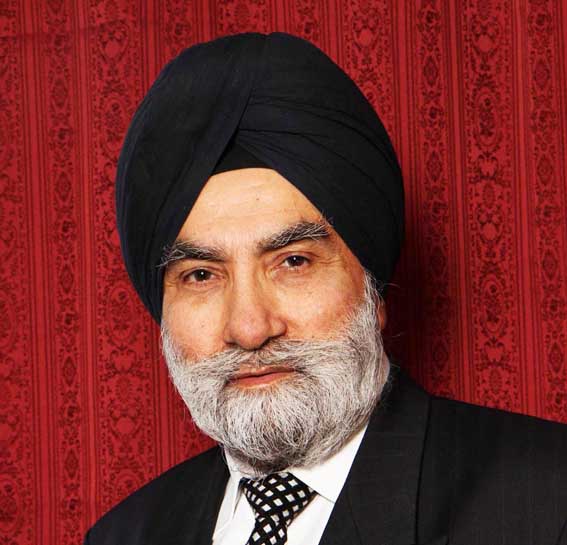Genocide Case Against Israel Before the International Court of Justice Reminds Sikhs of 1984

In Hague, Israel has been accused of committing genocide against Palestinians at the International Court of Justice (ICJ), the highest court of the United Nations. The case has been brought by South Africa.
More than 23,000 people in Gaza have been killed during the Israeli military campaign. Nearly 85% of the people have been driven from their homes, a quarter of the residents face starvation, and much of northern Gaza has been reduced to rubble.
The state of Israel itself was founded in the aftermath of the killing of 6 million Jews by Nazi Germany. Western powers led by colonial Britain, forced out the Palestinians in the area to create a state for the Jews. Since then, there has been no peace in the area. One would have expected more compassionate understanding of the Palestinian plight on the part of the Jews. Instead, backed almost unconditionally by the US and, at least partly, by the UK, the Israelis have resorted to collective punishment of the inhabitants of Gaza for the terrorist attack by Hamas on 7 October 2023. The general principle emerging from the ICJ trial seems to be that no matter what the provocation, a state has no right to respond to terrorism with terror. If it does, then that is a war crime.
We need to bear in mind that Palestine, including Gaza, is an Israeli occupied territory. Israelis have built illegal Jewish settlements in West Palestine. Biblical claims to the territory in this context seem meaningless.
The daily killing of civilians entrapped in a small area is threatening world peace. Islamic countries are literally up in arms. In the meantime, the news channels keep reminding us with every Israeli assault on civilians, of the brutal attack by Hamas. But then we are also reminded by those like the Secretary General of the United Nations, Antonio Guterres, that the attack cannot be looked at in isolation from the Israeli treatment of Palestinians and the missed opportunities for peace in the past.
While we have to wait for the decision of the International Court of Justice and see if that would stop the war in Gaza, the legal arguments from South Africa and those from defence lawyers of Israel, are interesting from a Sikh perspective also. The Sikh case in India too has been a running sore since 1947 and an open wound since 1984. Sikh lawyers and organisations like the UK-based, Sikhs in Law, would have an interest.
It should be noted that the vast majority of the people are never complicit in terrorism and oppression. There is little doubt that most Israelis and Americans are against collective punishment of the Palestinians. That too is the historical Sikh experience. From the earliest wars with the tyrannical Mughal rule, through colonial rule to opposition to extreme Brahmanical nationalism, the Sikhs have won popular support from all religions and minorities. For that reasons, historically, Sikh numbers have not mattered that much when they always had the support of the majority due to the just cause. The Farmers Agitation which compelled a U-turn regarding unjust farm laws is a recent example.
The Halemi Raj socio-political (Miri) objective discussed earlier in this column and an Asia Samachar article** ensures that Sikhi egalitarian principles and institutions will always win majority support in the end.
Some thoughts prompted by the Israeli genocide case before the ICJ.
Gurmukh Singh OBE
Principal Civil Servant Ret&rsquod